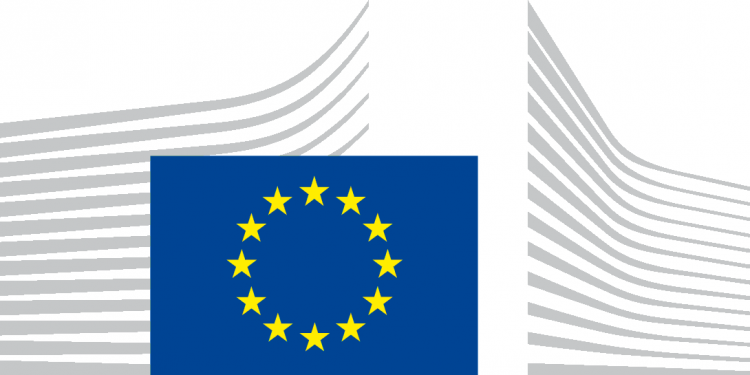Commission proposes Baltic Sea fishing opportunities for 2016: more stocks than ever before to be fished at sustainable levels
The European Commission today tabled its proposal on fishing opportunities in the Baltic Sea for 2016.
This is the annual proposal for the amount of fish that EU fishermen may catch from the Baltic Sea’s 10 main commercial fish stocks, also known as Total Allowable Catch (TAC). What is new this year is that for the first time the TAC for plaice has been set in line with the Maximum Sustainable Yield (MSY) approach, bringing the total number of Baltic stocks covered by MSY to 7 (out of 10). So for 7 of the 10 stocks, the available data from the Scientific, Technical and Economic Committee on Fisheries (STECF) and the International Council for the Exploration of the Sea (ICES) has allowed the Commission to propose catch limits at sustainable levels for more stocks than ever before. The EU aims to achieve MSY for all fish stocks by 2020 at the latest.
Based on today’s proposals, the TAC for all stocks, except salmon, would decrease by about 15% compared to 2015 and would be set at approximately 565 692 tonnes. The catch limit for salmon, which is measured in pieces rather than tonnes, would increase by 6%, to 115 874. The Commission proposes to increase the catch limits for herring in the Western and Central Baltic, as well as for Main Basin salmon, and plaice. Decreases for the remaining stocks either reflect the natural fluctuations within the MSY range or are linked to the improved perception of stocks’ status as a result of recent data revision. The Council will discuss the Commission’s proposals with a view to their adoption at its October meeting. If adopted, the proposals will apply from 1 January 2016.
Questions and Answers on Fishing Opportunities in the EU for 2016
Source and photo credit: European Commission



